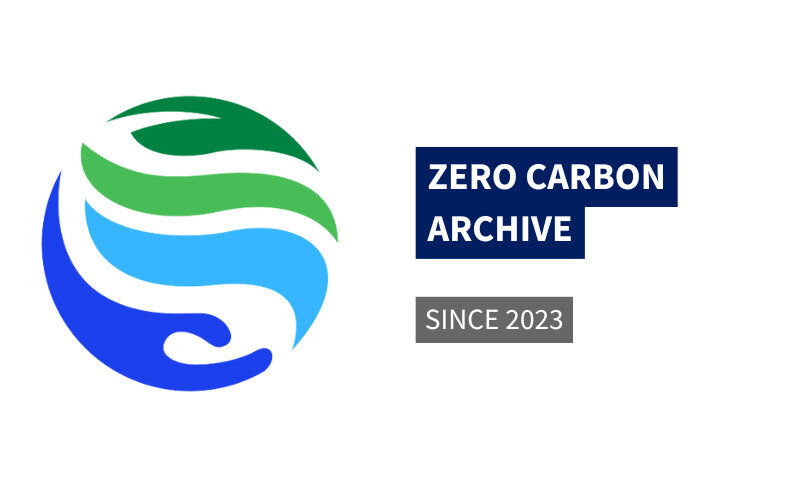Zero Carbon Community
A project focused on the decarbonisation process, to discuss and exchange best practices among companies.
In 2023, TEHA Group launched the Zero Carbon Community, a multi-stakeholder platform that brings together companies interested in the realization of projects related to the decarbonisation process.
During the first edition, the activities focused on the role of hydrogen in the decarbonisation process and on key actions to facilitate the implementation of concrete initiatives and the deployment of the dedicated supply chain (Hydrogen Community). In 2024, the focus expanded into decarbonisation and competitiveness.
The Mission
Facilitating a dialogue and knowledge exchange among the players of decarbonisation to boost the development and implementation of wide-ranging projects in the fields of application, in the sectors and/or in the territories where the Partners are operating; involving central and local public stakeholders, companies that develop related technologies, and stakeholders interested in investing in ambitious decarbonisation projects.
The promotion of the principle of technological neutrality, and the implementation of concrete projects of decarbonisation, not only aims to achieve the objectives of carbon neutrality, but also to generate development and growth opportunities for Italy, as well as for the territories and our Partners' key industrial sectors.
The activities of the Zero Carbon Community are inspired by two guiding principles: technological neutrality and sustainable competitiveness, which is implemented through five kinds of activities:
- Supporting the creation of a market for sustainable production
- Involving stakeholders in the definition of supply chain projects
- Doing advocacy towards institutions for the implementation of rewarding policies
- Enabling the development of national supply chains for decarbonisation technologies
- Promoting national supply chains in foreign markets.
Third edition
Hydrogen Valleys in Italy: prospects for development in view of the NRRP deadline
Milan, February 27, 2025
The Italian National Hydrogen Strategy, which already includes some recommendations expressed by the Zero Carbon Community, needs to move towards more incisive and ambitious actions, in order to provide guarantees to investors and promote the development of supply chains in Italy. The first Working Table of 2025 involved representatives from 15 Hydrogen Valleys with the aim of outlining the main advocacy actions to be presented to institutions. For the third edition, TEHA Group intends to set up an Observatory aimed at concentrating the necessary resources to enable sustainable business models, with particular reference to the opex component, to favour the making of Hydrogen Valley projects and promote the hydrogen-related industrial sector.
Our expertise in decarbonisation
At The European House - Ambrosetti, we have been studying the topic of decarbonisation since 2019, starting from a Study in collaboration with Snam that proposed the first national industrial strategy on hydrogen ("H2 Italy 2050 - A national hydrogen supply chain for the growth and decarbonisation of Italy"). In 2022, instead, we created a Study for Eni ("Proposal for a Zero Carbon technology roadmap") aimed at promoting the principle of technological neutrality, where hydrogen is one of the key technologies for decarbonisation.
Organisations and companies e aziende engaged with the Community
We have involved over 14 local, central and international institutions to discuss the strategy and regulation needed to foster the development of the hydrogen supply chain and 17 universities, research centres and associations to highlight progress in research and development of more efficient and economically viable technologies for the production, distribution and use of hydrogen.
Ministero delle Infrastrutture e dei Trasporti, Ministero dell'Ambiente e della Sicurezza energetica, Consip, ANCI, Department for Energy Security and Net Zero (UK), Department for Business, Energy & Industrial Strategy (UK), ZES Sicilia, Autorità di Sistema Portuale del Mare di Sicilia Orientale, Regione Sicilia, Regione Liguria, Regione Autonoma della Sardegna, Regione Autonoma del Friuli Venezia Giulia, Provincia Autonoma di Trento, Provincia di Mantova
ENEA, Consiglio Nazionale delle Ricerche, EU Core, Fondazione Bruno Kessler, Fondazione Enrico Mattei, Hydrogen Europe, H2IT, Vätgas Sverige, Federchimica Confindustria, Istituto per Innovazioni Tecnologiche bi Bolzano (IIT), H2U, Clust-ER Greentech, Istituto Nazionale di Geofisica e Vulcanologia, Università degli Studi di Palermo, Università degli Studi di Catania, Università degli Studi di Trento
In addition, we involved 88 companies from the fields of energy (32 companies), industry (37 companies) and transport (19 companies) to highlight opportunities related to the development of the hydrogen supply chain in synergy.



































